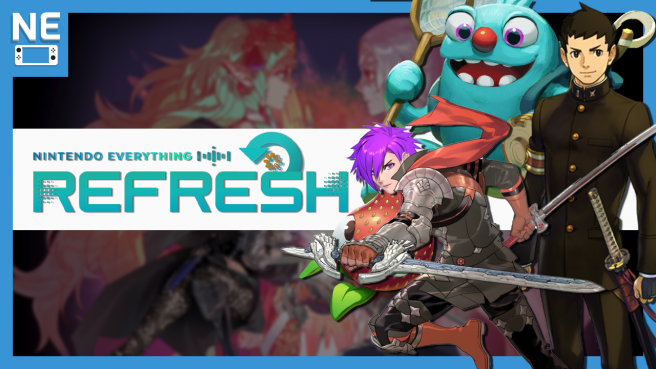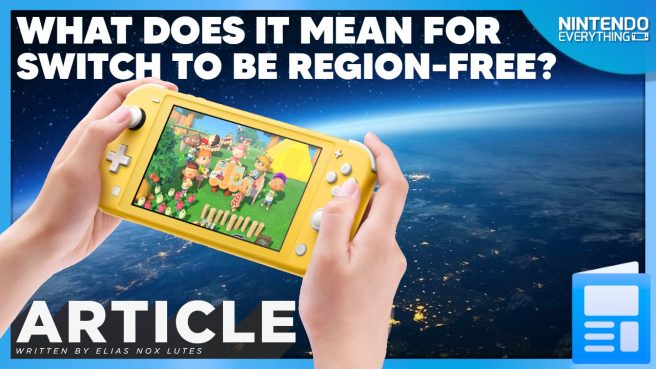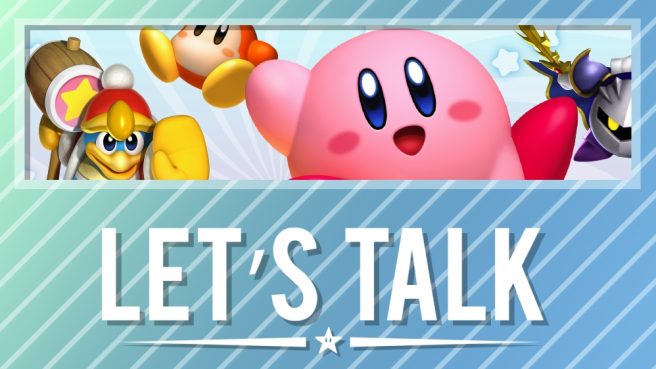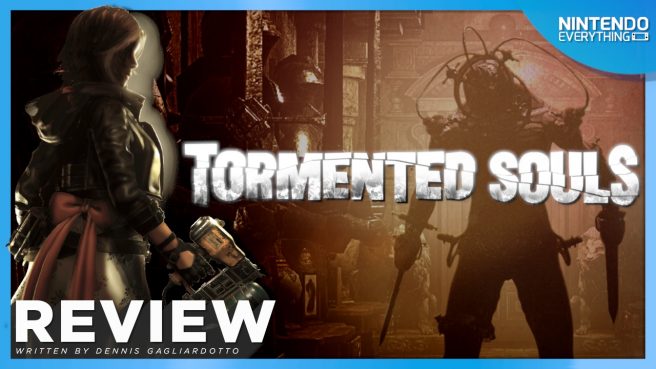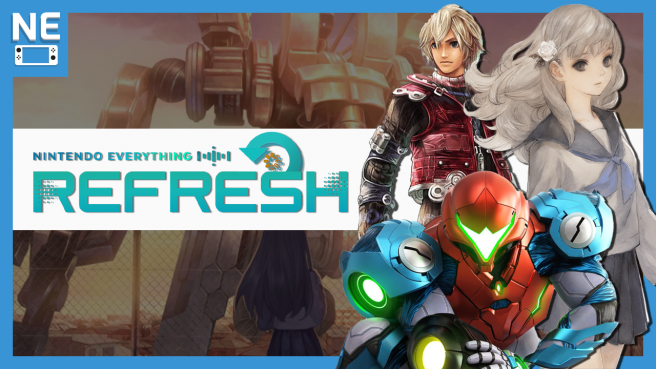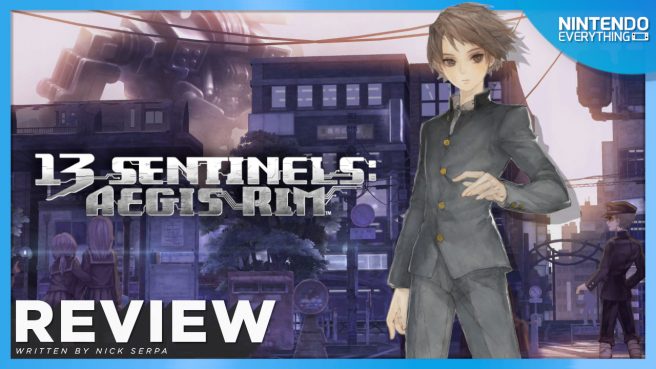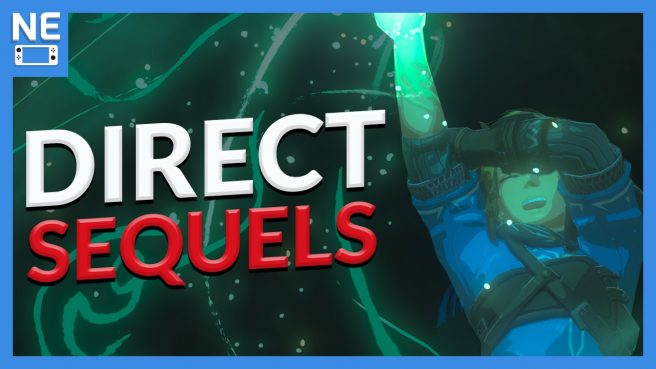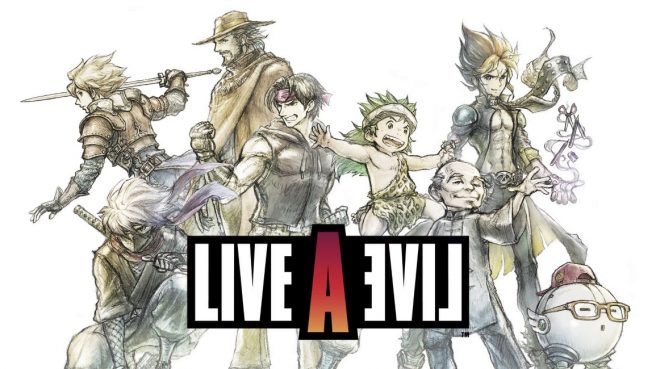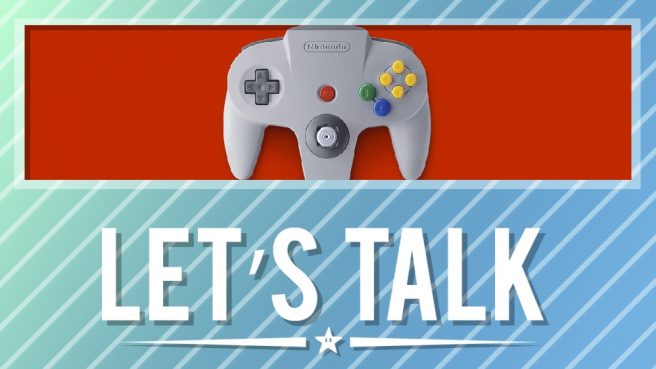Nintendo Everything Refresh Ep. 04 – Nintendo expanding in Japan; Fire Emblem Warriors: Three Hopes; Bandai-Namco’s mystery Nintendo game, and more
Posted on 3 years ago by Nicholas Serpa in Podcast, Switch | 0 comments
This week’s episode of Nintendo Everything Refresh is jam-packed, kicking off with discussion about the new Fire Emblem Warriors: Three Hopes trailer and the gameplay mechanics and story elements it revealed. On top of that, Nintendo recently announced it will be expanding its Kyoto offices, and a mysterious new Bandai-Namco game was inadvertently revealed via a job listing that could be a remaster of a “3D Action” game made by Nintendo. Your hosts Nick, Nicolas, Dennis and Luiz will discuss all this and more in this brand new episode!
Our show is now available on most major streaming platforms, including Spotify, Apple Podcasts, Google Podcasts, Amazon Music and Audible, or you can check out the video version below:
Everything you need to know about Nintendo Switch Sports (and eShop credit giveaway)
Posted on 3 years ago by Luiz in Features, Switch, Videos | 0 comments
At the end of this month we will see the release of Nintendo Switch Sports, the new entry for the Wii Sports series. Taking into consideration the similarities between Switch and Wii, including motion controls and the huge install base, it’s not a surprise to see the series returning.
However, some have questioned decisions made for the game such as the six sports available or the new design for characters. In today’s video, I discuss everything that we know about the game yet and share a few opinions as well. You can check the video down below – and be sure to watch until the end, as we also have a giveaway in which you can win $20 eShop credit.
What does it mean for the Switch to be region-free?
Posted on 3 years ago by Elias in Features, Switch | 0 comments
Long have Nintendo handhelds been a bastion for region-free gaming. Nintendo’s Game Boy and DS lines of consoles are celebrated for their ability to accept titles from any country and any language – meaning kids from the ’90s definitely could import a copy of Pokemon Green and play it in its original Japanese language. If you’re from that time you may have had a friend that somehow had gotten their hands on it. While TV consoles for the most part were region-locked, meaning they only accepted cartridges or CDs from their specific manufacturing area, importing handheld games became more commonplace with the rise of digital marketplaces. User-friendly and in your own local language, many online retailers feature the ability to purchase games from overseas; but in an era where new Pokemon games are released globally on the same day, why would you need to import or even download something from another region in the first place?
[Let’s Talk] What do you want to see next from Kirby?
Posted on 3 years ago by Brian(@NE_Brian) in Let's Talk | 0 comments
Kirby and the Forgotten Land finally provided something that a lot of fans had been asking for: the first true 3D entry in the series. Fans have argued that this is finally the shot in the arm that the franchise needed to gain more popularity and acclaim.
Kirby has been going strong for three decades. We’ve seen a lot of classic platformers, but also some pretty neat spinoffs with titles such as Kirby Air Ride, Kirby Canvas Curse, Kirby Mass Attack, and much more. The future of the series is looking bright after Kirby and the Forgotten Land, though we now want to hear from you about what you want to see next from the series. Share your ideas with us in the comments below.
[Review] Tormented Souls
Posted on 3 years ago by Dennis Gagliardotto(@LyonHart_) in Reviews, Switch | 0 comments
System: Switch
Release date: April 14, 2022
Developer: Dual Effect / Abstract Digital
Publisher: PQube
Tormented Souls is next in line in wanting to revisit and recreate some of the classic moments that catapulted the horror genre to where it is today. It’s arguably one of the best attempts in recent memory to do so, with a design that’s clearly made from a place of passion, respect, and immense desire to bring back the likes of fixed camera angles, intense resource management, and a deeply detailed playground where immersion is absolutely key. Though Tormented Souls’ heart is in a good place, however, there’s no denying that it stumbles quite a bit, and the Switch version of the game isn’t also without sacrifice.
More: Abstract Digital, Dual Effect, highlight, PQube, top, Tormented Souls
Nintendo Everything Refresh Ep. 03: Metroid Dread Boss Rush, 13 Sentinels: Aegis Rim, Xenoblade 10th anniversary, and more
Posted on 3 years ago by Nicholas Serpa in Podcast | 0 comments
This week on Nintendo Everything Refresh, join your hosts Nick, Nicolas, Dennis and Luiz as they discuss Metroid Dread’s exciting new Boss Rush mode, which was recently released as a free update for the game. Then stick around for the full verdict on the recently-released 13 Sentinels: Aegis Rim, as well as preview impressions on Neon White, the upcoming deck-building first-person combat/parkour game from Annapurna. They’ll also discuss the recent Chrono Cross release, Xenoblade’s 10th anniversary, and more.
[Review] 13 Sentinels: Aegis Rim
Posted on 3 years ago by Nicholas Serpa in Reviews, Switch | 0 comments
System: Switch
Release date: April 12, 2022
Developer: Vanillaware
Publisher: Atlus
If any game is a shining example of the artistic potential of video games as a medium, I cannot think of a better recent example than 13 Sentinels: Aegis Rim. It is that rare type of narrative-driven experience that could only really exist as a game: a sprawling science-fiction epic with no less than 13 playable protagonists, that somehow manages to be both a beautiful side-scrolling adventure and a deep, exhilarating real-time strategy game. With so many moving pieces and a lengthy 40-hour runtime, 13 Sentinels: Aegis Rim could have very easily been a confusing, unfocused mess of a game, but somehow, all of these disparate elements fuse into nothing less than a masterpiece.
More: 13 Sentinels: Aegis Rim, Atlus, highlight, top
Nintendo’s past with direct sequels, and how Zelda: Breath of the Wild 2 fits into that
Posted on 3 years ago by Luiz in Features, Videos | 0 comments
Over the years we’ve seen many instances in which Nintendo resorted to a very common strategy in the gaming industry: releasing a very successful title followed by a sequel using many of the tools created for its predecessor. Engine, assets, animation, and other elements are some of the things that are brought back.
Now we’re waiting on the sequel to The Legend of Zelda: Breath of the Wild, which seems to be taking a lot of elements from the last successful Zelda game. In today’s video, I decided to take a look at other direct sequels that Nintendo produced in the past, analyzing the different strategies and trying to see where the new Zelda may fit into that. You can check out the video down below.
Live A Live dev on remake’s origins, why it’s HD-2D
Posted on 3 years ago by Jarop(@gamrah) in News, Switch | 0 comments
Following the announcement of Live A Live’s HD-2D remake, Japanese magazine Famitsu sat down with original director Takashi Tokita, to talk about the game’s development.
The new Switch version served as the perfect opportunity to re-release the game, something the team tried to do many times over the years. Tokita dove into a number of other topics as well including why the team settled on the HD-2D art style.
Here’s our translation of the excerpt from Famitsu:
More: highlight, interview, live a live, Square Enix, Takashi Tokita, top
[Let’s Talk] N64 games you’d like to see on Nintendo Switch Online
Posted on 3 years ago by Brian(@NE_Brian) in Let's Talk, Switch | 0 comments
The Expansion Pass tier for Nintendo Switch Online kicked off a few months ago, and we’ve seen a number of classic N64 games added to the service since then. Zelda: Ocarina of Time and Majora’s Mask, Super Mario 64, Mario Kart 64, and Banjo-Kazooie are among the included titles. Mario Golf is also following next week.
Nintendo should continue adding more N64 titles to Switch Online throughout 2022. With that said, what would you like to see on there? Let us know in the comments below.
